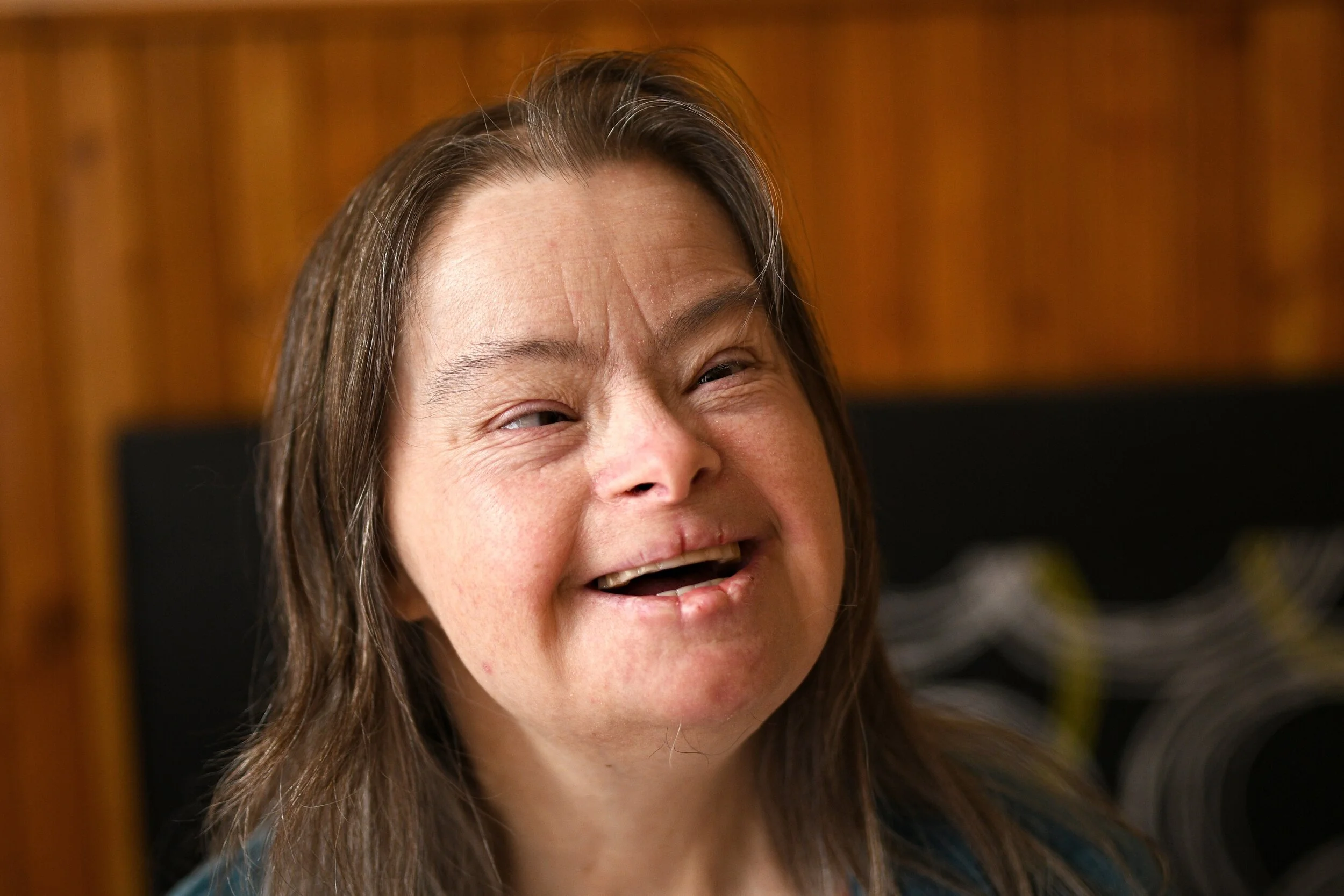When epilepsy is more common
People with… autism
“Epilepsy is more common in autistic people than in the general population with symptoms most likely to develop in the teenage years.
Epilepsy is more likely to occur if someone in the family has the disorder. Autism is also more likely in families who have cases of epilepsy. Epilepsy and autism often occur together.
Scientists believe epilepsy and autism are related because they have found genes linked to both disorders. There are several genetic disorders that are linked to early-onset epilepsy and features of autism.”
People with… cerebral palsy
“30 to 50 percent of children with cerebral palsy (CP) will experience co-occurring epilepsy. Epilepsy is most common among children who have limited mobility.
Seizures are common among children with cerebral palsy because CP is caused by a brain injury occurring before, during or shortly after birth. Brain injuries increase the chance for abnormal nerve activity to occur within the brain, which can result in seizures. Children with hemiplegia and quadriplegia are most at risk for co-occurring CP and epilepsy.”
People with… dementia
“People with dementia are at risk of having epileptic seizures. However, how common they are remains unclear. This is because epileptic seizures can often be subtle.
Anything that changes the structure of the brain can cause seizures. This happens for some people after a stroke, a head injury, or with a brain infection like meningitis. A similar problem is happening in the brain in dementia. As cells in the brain die and the brain shrinks this can lead to epilepsy.
In addition, we know that two proteins that build up in the brain of people with Alzheimer’s disease – amyloid and tau – affect how the brain’s nerve cells communicate with each other.
Sometimes these nerve cells can become 'hyper-excitable', meaning they can behave uncontrollably, causing epileptic seizures.”
People with… Down Syndrome
“Epilepsy is a common feature of Down Syndrome (DS), occurring at either a very young age or around the third decade of life. The types of seizure also tend to vary by age. For example:
Younger children with DS are susceptible to infantile spasms or tonic-clonic seizures;
Adults with DS, by contrast, are more prone to either tonic-clonic seizures, focal aware seizures, or focal impaired-awareness seizures
While almost 50 percent of older adults with DS (50 years and older) will have some form of epilepsy, seizures are typically less common.“
People with… intellectual disability
One quarter of people with epilepsy have a learning disability and one fifth of people with an Intellectual Disability (ID) will have an epilepsy. For these people, as with the rest of the population - their severity of epilepsy varies a great deal.
Intellectual disabilities, especially more severe intellectual disabilities, are mainly caused by maldevelopment of or damage to the brain. Usually it’s assumed by neurologists and neuropsychiatrists that the brain problem gives rise to both the intellectual disabilities and the epilepsy.
People with an epilepsy and an ID are more likely to die early than other people. So it’s especially important, for carers, to know about Sudden Unexpected Death in Epilepsy (SUDEP).
- Dr Rohit Shankar, MBE, Neuropsychiatrist & Prof Mike Kerr, Neurologist, ID & Epilepsy, Epilepsy Ambassador





